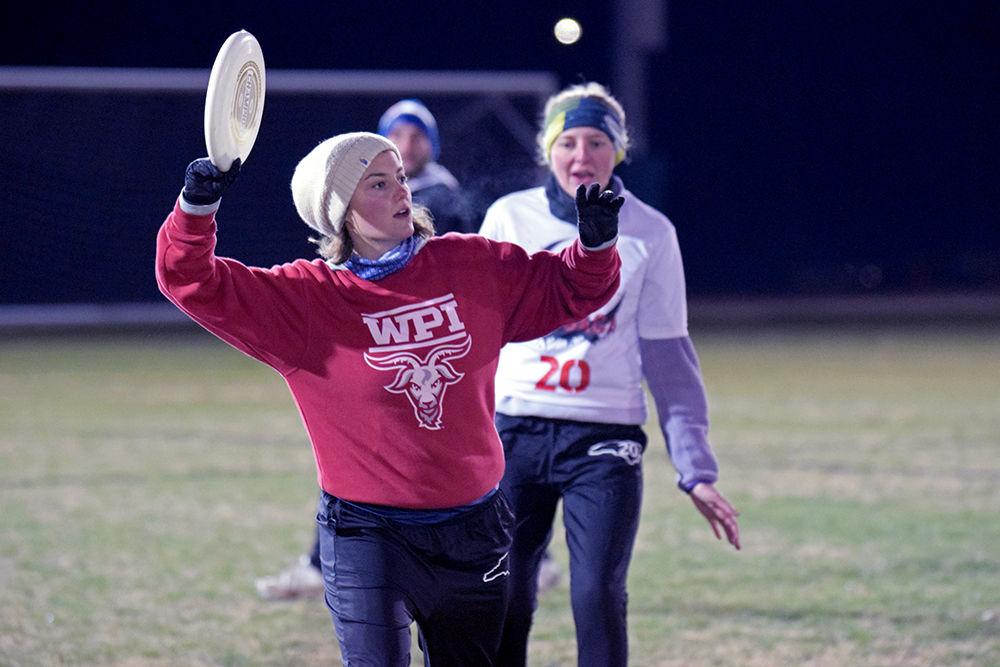On college campuses, there are often unorthodox sports being played at a competitive level. Some of them bring back vague memories of middle school. Others elicit a “what in the world is that” response from the vast majority of people. Ultimate falls somewhere between the two.
Hiding behind relative obscurity, Ultimate is an extremely fast-paced cross between football, soccer and disc golf. The basic premise of the game is that one team advances a flying disc down the field toward an end zone by throwing and catching it. If a player catches the disc in the end zone, the team scores a point. If the flying disc hits the ground or is intercepted by an opposing player, then possession changes to the other team. The game is generally played to 15 points.
The Club Ultimate team at NC State brings an element of strategy to the game beyond casual play. Teams at this level employ specific types of route combinations on offense, different types of zone or one-on-one coverage on defense and specific rotations used when playing on either side.
“On defense, a lot of ultimate teams will run different types of zones. We have two that we mainly run,” said Rowan Jaynes, Women’s Club Ultimate member. “We run zones for two reasons: one is to break up what we call the ‘pull play,’ which is basically the kickoff. Teams will set up a play on the pull, so we’ll set up the zone to stop that.”
Jaynes said players on offense specifically are usually divided into handlers, who are mainly responsible for throwing the flying disk, and cutters (or sometimes ‘wings,’ depending on their positioning) who act very similarly to wide receivers in football. The cutters’ job is to get open against the defense and catch the disk. However, the players themselves are very versatile. A cutter can easily catch a defense sleeping for a quick strike downfield.
“There are handlers who handle the disk, and there are cutters who cut downfield,” Jaynes said. “There are two main types of offenses. We mainly run a vertical offense, and there’s also a horizontal offense.”
Jaynes is a member of the women’s club, which has not yet started its competitive season. Fall and winter are generally used to build conditioning and skills while the competitive season begins in the spring. The community is also unique among sports: Ultimate games don’t utilize referees.
“Ultimate has this thing called ‘spirit of the game,’” Jaynes said. “We don’t have refs. We have observers sometimes, so usually it’s just the teams and players monitoring foul calls and penalties.”
The Ultimate Club at NC State may not be the most well-known team on campus, however it contains a tight-knit group of competitors who, like Jaynes, love the sport and the community as a whole.
“It’s a really small community, but it’s super supportive and everyone knows everyone,” Jaynes said. “Everyone just wants to play.”








